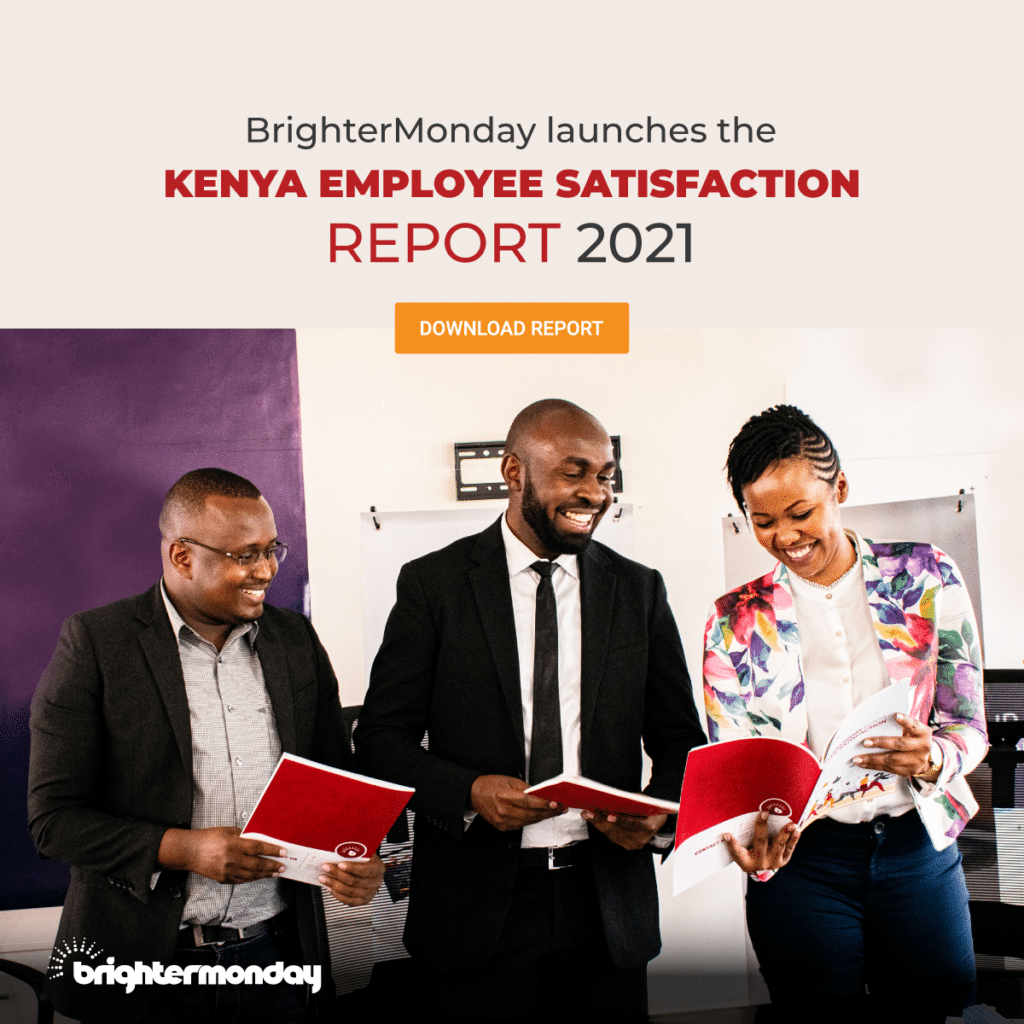Wondering how to move to a new role? Seasoned IT expert Timothy Mocho who has worked in the recruitment and HR space for over 8 years shares tips on transitioning to a new role.
The BrighterMonday Head of IT captures a holistic view of how to go about it in this article.
Often it is always a challenge to recognize good opportunities when it comes to jobs. One is faced with difficult choice of either veering into the unknown or staying safely in the shelter of familiar workmates, processes and most importantly workplace culture.
This however should not be a deterrent to seeking “greener pastures” in fact, for the most part a decision to leave or stay at a job should be pivoted on logical considerations and a methodical thought process. Luckily, there are various sources of information that can aid in making such an important and perhaps even, life changing decision. One could reach out to a mentor, perhaps consult a career coach, a seasoned workmate and most often, a trusted family member. These are all good sources of counsel but in their absence or rather before seeking out these particular avenues one should do personal research.
Brightermonday’s Millennials and the Digital Marketplace report cites that most people will seek out jobs that pay well, provide an adequate level of job security, and are fairly or comfortably close to their places of residence. With that, one should definitely consider whether the job that they are shifting to meets those three criteria; is the pay better? Are you joining an organization that has a good history and a strong foundation? Do the employees there speak well of the company or do they have management and periodic instances of downsizing or restructuring? The main areas to evaluate when shifting jobs would therefore be:
Remuneration Packages:
The organization that you are thinking about shifting to should be in a position to increase your current pay and maintain a rate that is equal to, or greater than the prevailing market rate of the specific role and sector within which the job belongs. For more in-depth analysis on what these rates might be one should take a look at The Kenya Salary Report prepared by Brightermonday which gives a detailed analysis of how well industries pay based on the sectors they belong.
Job Security:
It is often not possible to ensure job security unless one is perhaps getting a job in government or a parastatal since those are considered to be the jobs with the highest retention rates, coupled with the invaluable perks of being permanent and pensionable. That notwithstanding, the organization should be able to offer you favorable terms of employment that ensure that even in the event of resignation and/or termination, proper procedures are followed and one is properly compensated.
Work Culture:
This is one of the most important factors to consider when shifting jobs. This is because over and above the pay and security, a healthy work-life balance is critical to a productive employee. The Kenya Satisfaction Report 2021 by BrighterMonday reveals that job satisfaction goes beyond the salary.

Organizations that do not offer Paid Time Off (PTO) or place an inordinate amount of importance to volume of productivity rather than the value and quality of work will most often foster a highly tense and volatile work culture with employees being fatigued and prone to burnout. Therefore, the new job should be able to provide you with a conducive working environment, statutory leave days, and perhaps, in what is becoming a norm in organizations, the flexibility to work from home. It is also important that the organization be one that cultivates and nurtures growth and development both in career and personal goals. Training and capacity building is a plus, as well as technical and non-technical upskilling within the organization.
Once all these factors have been considered, one can comfortably make an informed decision on the right move to make and step forth with more confidence and contentment.






